Asian Currents
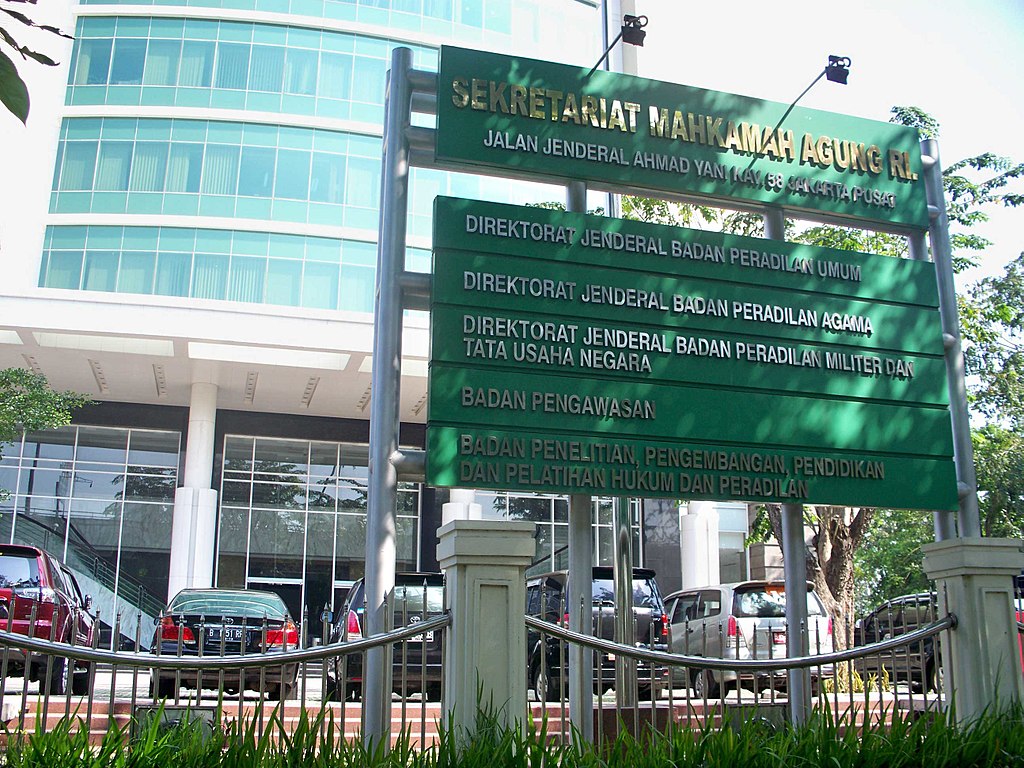
Asian Law in Australian Universities: Research centres as critical institutional commitments
In November 2019, Edward Aspinall and I convened a workshop on the state of Asian Studies in Australia. Bringing together leading academics in Asian Studies,
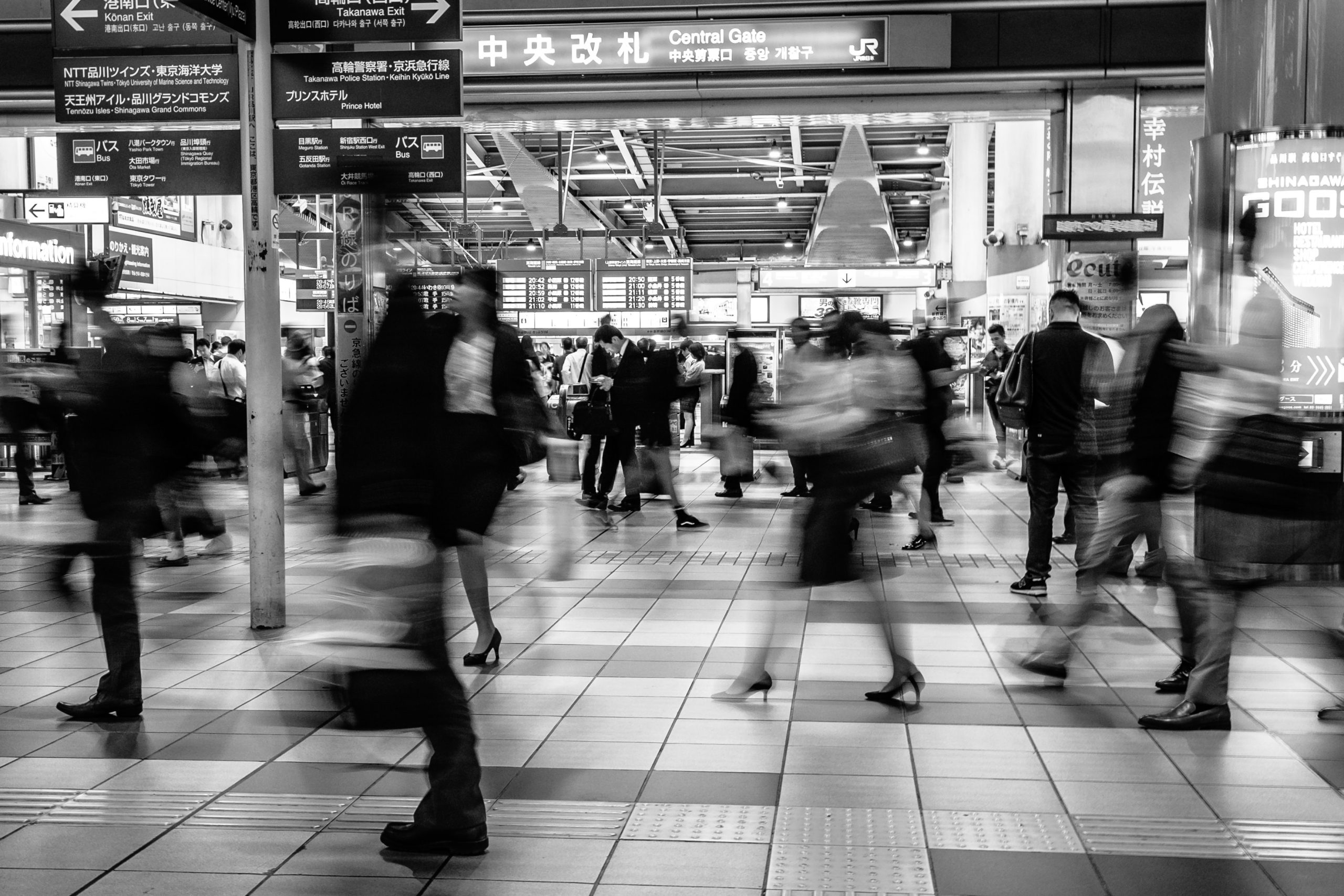
Anthropology of/with Asia in Australia
Following are some personal reflections and observations as to the state of anthropology of Asia in Australia, and its evolution over the past twenty years.
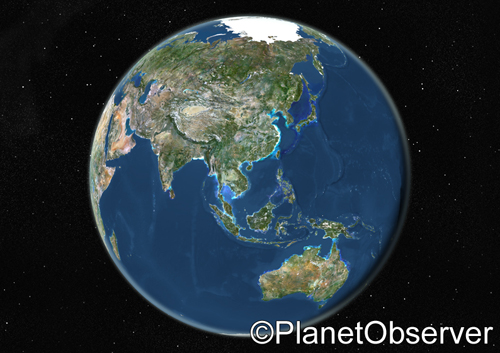
Australian International Relations and Asia
The most significant dynamic that shapes the study of International Relations (IR) in Australia is the relationship between the global/theoretical horizons of the discipline and
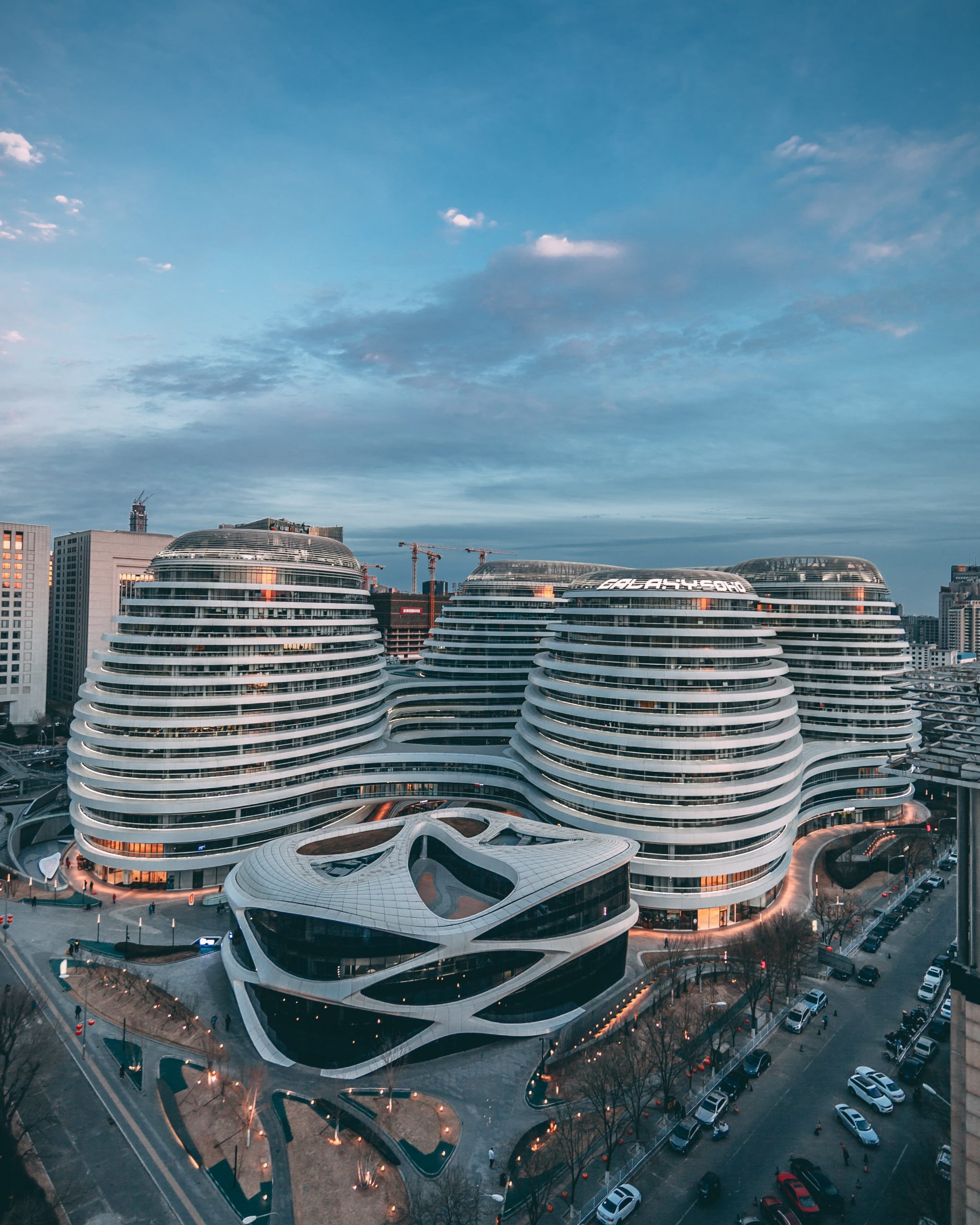
Chinese Studies in Australian Universities: A Problem of Balance
The global field of Chinese Studies has expanded greatly in line with the rise of China to become the world’s second largest economy. However, this

20 Years of Korean Studies in Australia
The story of Korean Studies in Australia over the last twenty years is a pleasing one, albeit with some highs and lows. In the 1990s
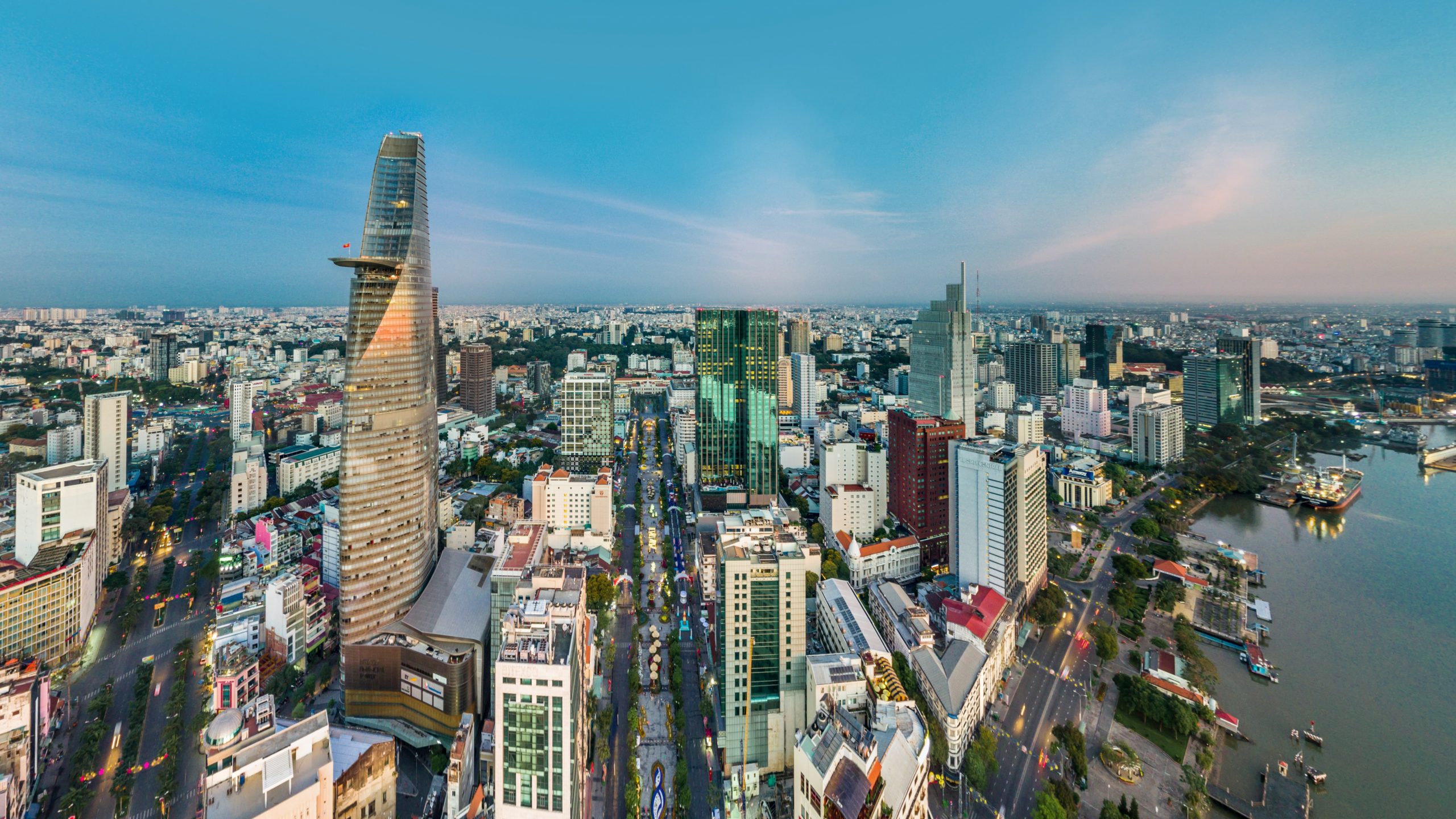
Evolution of Mainland Southeast Asian Studies Over the Last 20 Years
Research and teaching on mainland Southeast Asian countries in Australia over the last 20 years have been shaped by the same forces affecting other areas

Asian politics in Australian universities
In a world in which political developments in Asia are of central importance to Australia’s national interest, it is a sad truth that the teaching

Reviewing the state of Asian Studies in Australia
What is the state of teaching and research on Asia-related topics at Australian universities? Do students have more or less opportunity to learn about Asia

Emeritus Professor Merle Calvin Ricklefs 1943-2019
Obituary: Merle Ricklefs Merle Ricklefs, who passed away in Melbourne on 29 December 2019, was the pre-eminent scholar of Javanese Islam of his generation and,

Professor Bruce Jacobs 1943-2019
Bruce Jacobs, Emeritus Professor of Chinese Studies at Monash University, was the leading figure in Taiwan Studies in Australia. He authored three books, and numerous
Member's Dashboard
Search
CATEGORIES
Archives
Subscribe
Sign-up to receive the Asian Currents articles.
Subscribe
Sign-up to receive the latest news updates.
Search
CATEGORIES
Subscribe
Sign-up to receive the latest news updates.
